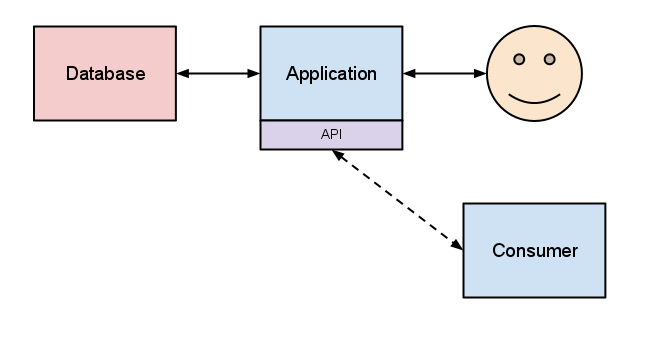Here are the notes of the most recent Orbital project team meeting (31 January 2013).
Present: Nick Jackson, Harry Newton, Paul Stainthorp, Joss Winn.
The project team discussed the following development tasks. The aim is for the following to be completed by the end of February 2013:
- Demonstratable AMS-CKAN–EPrints workflow in Orbital Bridge (a minimal but operational RDM infrastructure);
- Researcher dashboard to include projects and project metadata;
- Users able to display and create datasets in CKAN from within Orbital Bridge (N.B. need to check changes to CKAN APIs between versions);
- Demonstrator using the DataCite test API (until a budget is agreed for use of the live DataCite service);
- Ability to publish dataset metadata to EPrints Repository, with a complete ‘publish’ UI in Orbital Bridge (to be tested on the University’s upgraded EPrints 3.3 Repository in March) – questions over versioning/locking of deposited metadata to be resolved;
- Researcher dashboard to include analytics fom EPrints, CKAN, AMS, and bibliometric/citation services – add links to external profiles (Scopus, WoS, ORCID, Google Scholar) in the first instance. ACTION: JW to contact Planning to discuss reporting from the researcher dashboard (also data.lincoln.ac.uk; bibiometrics).
JW presented the Orbital business case to the University Senior Management Team on 14th January 2013. JW to work with the Dean of Research (Lisa Mooney) / Deputy V-c (Ieuan Owen) to discuss ongoing resourcing for RDM.
ICT are undertaking a cloud major scoping study, including RDM storage requirements.
The draft RDM policy is to be presented to the Research & Enterprise committee in April.
NJ, HN and PS are working on the display of RDM training and documentation in Orbital Bridge, with versioned text stored as Markdown in Github. Pages in Orbital can be linked to Github.
The next RDM training for postgraduate students will take place on 6th March 2013. ACTION: PS to embed a calendar feed of training events on the Orbital website.
Upcoming events:
- 18th February 2013 – Workshop to inform requirements-gathering exercise on CKAN for academic RDM, London
- 28th February 2013 – DCC visiting the University of Lincoln
- 6th March 2013 – ‘Managing your research data‘ workshop for postgraduate students


